Submitted by WA Contents
Bjarke Ingels named as the next designer of Serpentine Pavilion 2016
United Kingdom Architecture News - Feb 10, 2016 - 15:00 6801 views
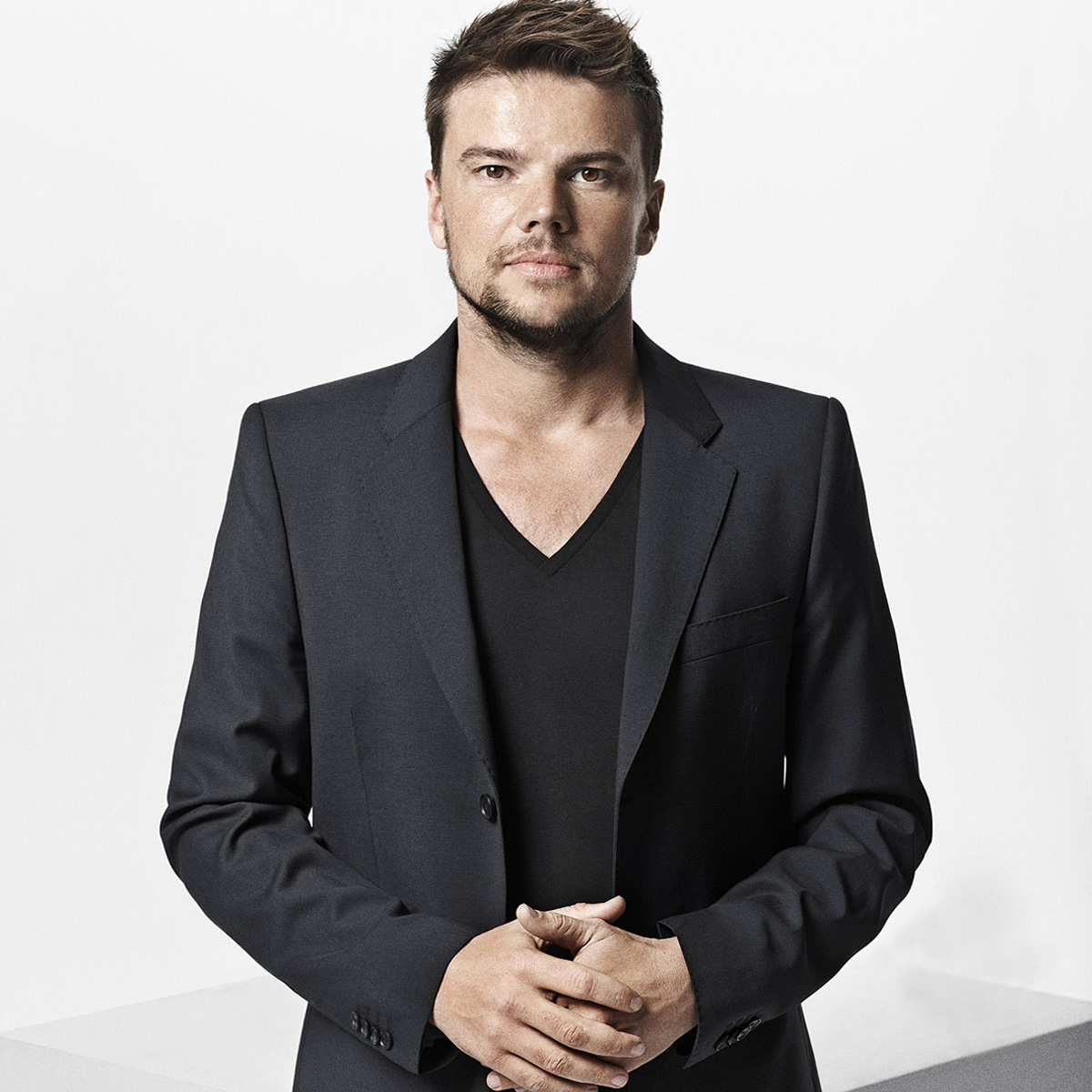
Bjarke Ingels. image © Jonas Bie
The Serpentine announced today that, in tandem with the 16th Pavilion, it expands its internationally acclaimed programme of exhibiting architecture in a built form by commissioning four architects to each design a 25sqm Summer House. The four Summer Houses are inspired by the nearby Queen Caroline’s Temple, a classical style summer house, built in 1734 and a stone’s throw from the Serpentine Gallery. In line with the criteria for the selection of the Pavilion architect, each architect chosen by the Serpentine has yet to build a permanent building in England.
The Serpentine Pavilion will be designed by Bjarke Ingels Group (BIG) (Copenhagen/New York); the four Summer Houses will be designed by Kunlé Adeyemi – NLÉ (Amsterdam/Lagos); Barkow Leibinger (Berlin/New York); Yona Friedman (Paris); and Asif Khan (London).
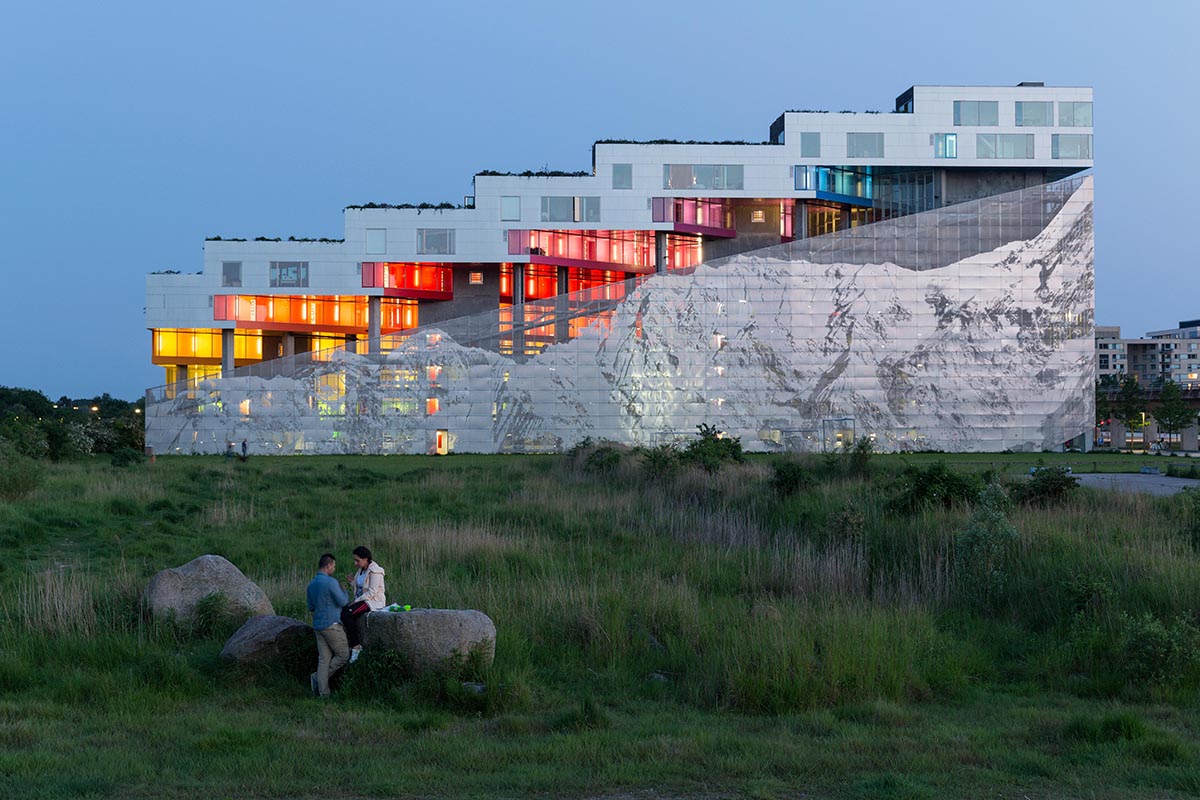
The Mountain, Coepnhagen, Denmark by BIG, 2007. image © Iwan Baan
The expanded scheme will be submitted to Westminster City Council Planning Office and District Surveyor’s Office for planning later this month. The Serpentine Summer Houses, sited one minute’s walk from the Serpentine Gallery, will complement the world-famous Pavilion commission on the Gallery’s lawn by offering visitors an unrivalled, first-hand experience of contemporary architecture by leading international architects from across the generations, within the historic parkland of Kensington Gardens.

Kunlé Adeyemi. image © Reze Bonna
''After 15 years, the Pavilion programme has expanded. It now comprises five structures, each designed by an architect of international renown, aged between 36 and 93. The Pavilion, which will be situated on the lawn of the Serpentine Gallery, as usual, will be joined by four 25sqm Summer Houses designed in response to Queen Caroline’s Temple, a classical-style summer house built in 1734. All projects have been thrilling to commission and will be equally exciting to realise. We cannot wait to unveil them all this summer'' said Julia Peyton-Jones, Director, and Hans Ulrich Obrist, Co-Director, Serpentine Galleries.
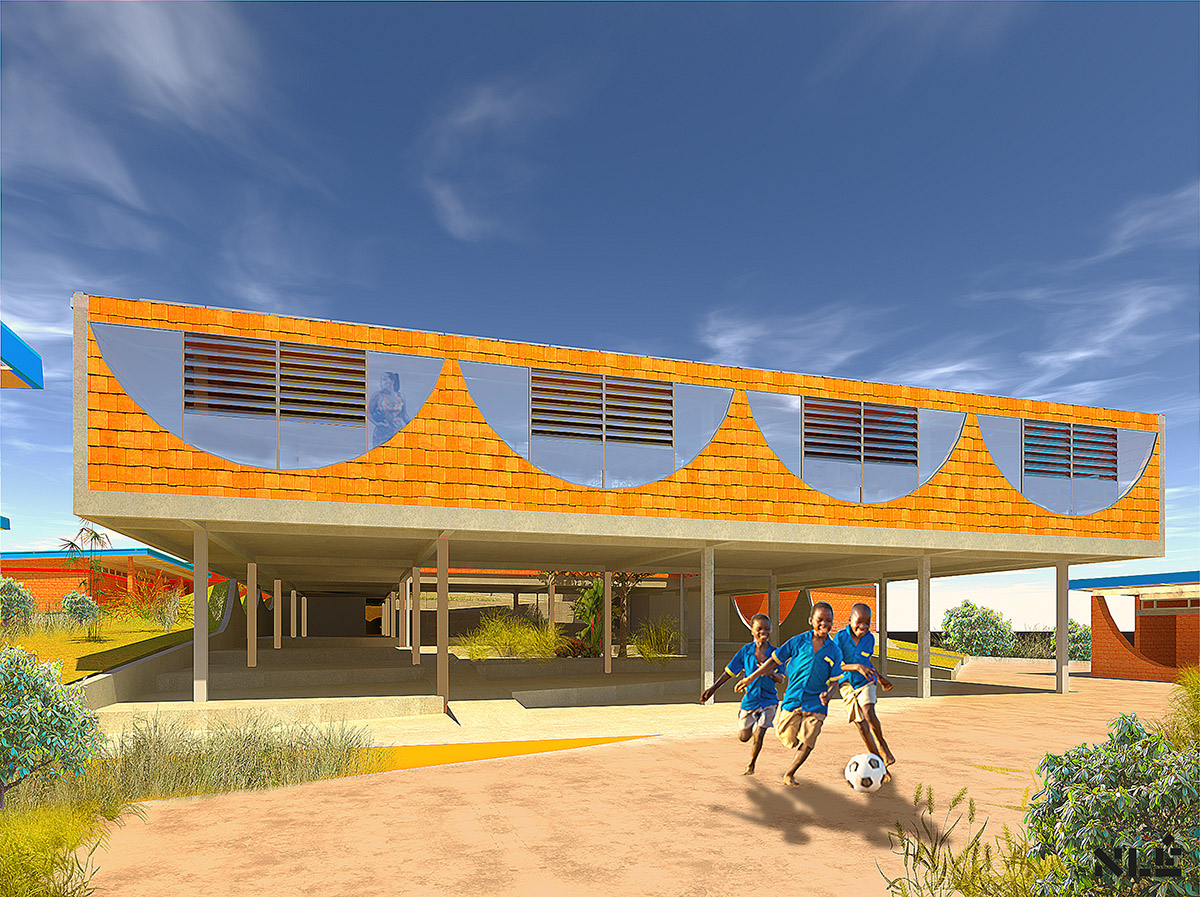
NLÉ: Black Rhino Academy, Karatu, Tanzania by NLÉ, 2014. image © NLÉ
The Serpentine's Pavilion commission, conceived in 2000 by Director Julia Peyton-Jones, has become an international site for architectural experimentation and has presented projects by some of the world's greatest architects. Each Pavilion is sited on the Serpentine Gallery's lawn for four months and the immediacy of the commission – taking a maximum of six months from invitation to completion – provides a unique model worldwide.
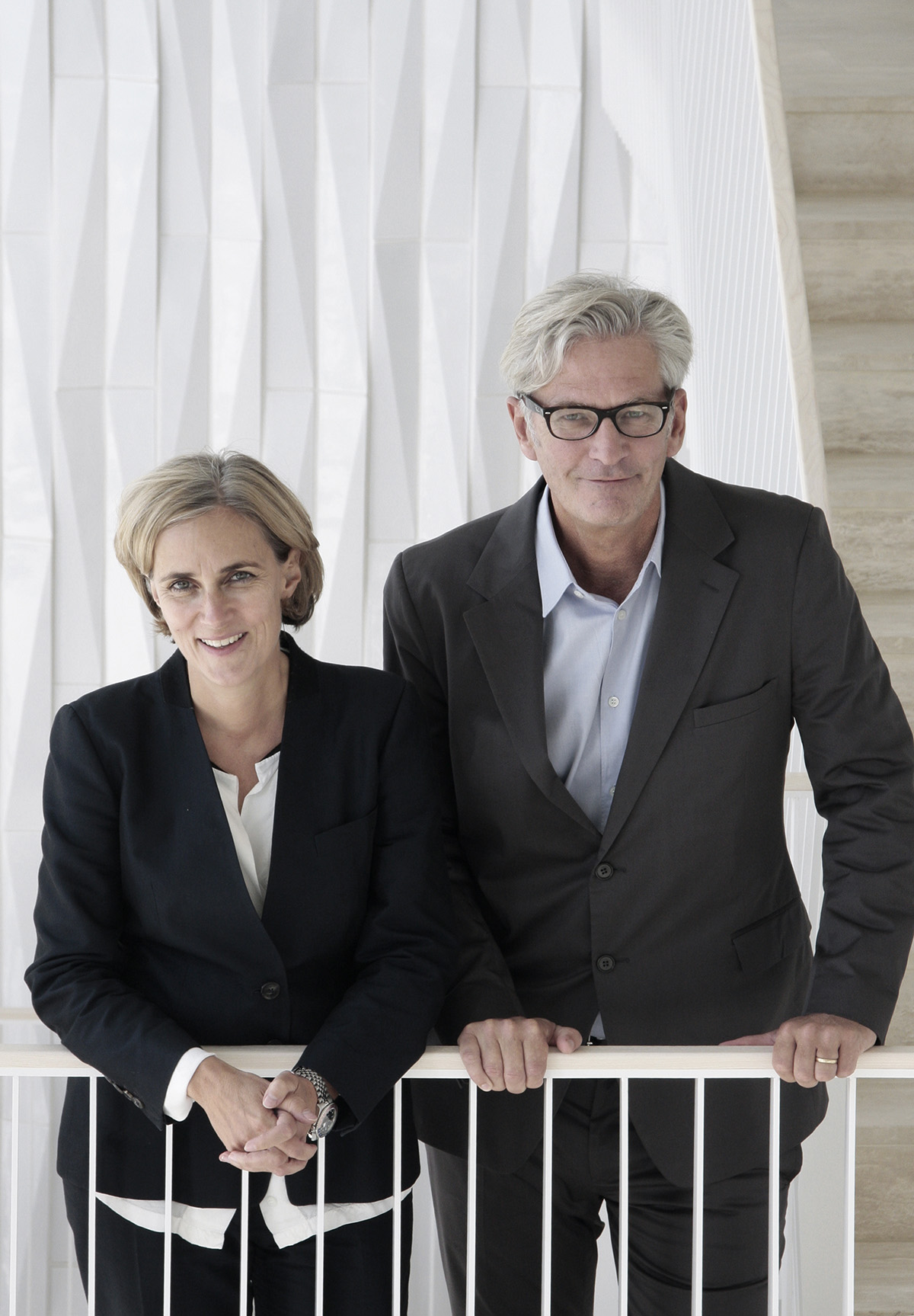
Barkow Leibinger. image © Bendeikt Kraft
The selection of the architects, chosen for consistently extending the boundaries of architecture practice, is led by the Serpentine’s core curatorial thinking, introducing contemporary artists and architects to a wider audience. The brief is to design a 300-square-metre Pavilion that is used as a café by day and a forum for learning, debate and entertainment at night. Serpentine Galleries will be partnering with Harrods for the 2016 Pavilion Café.
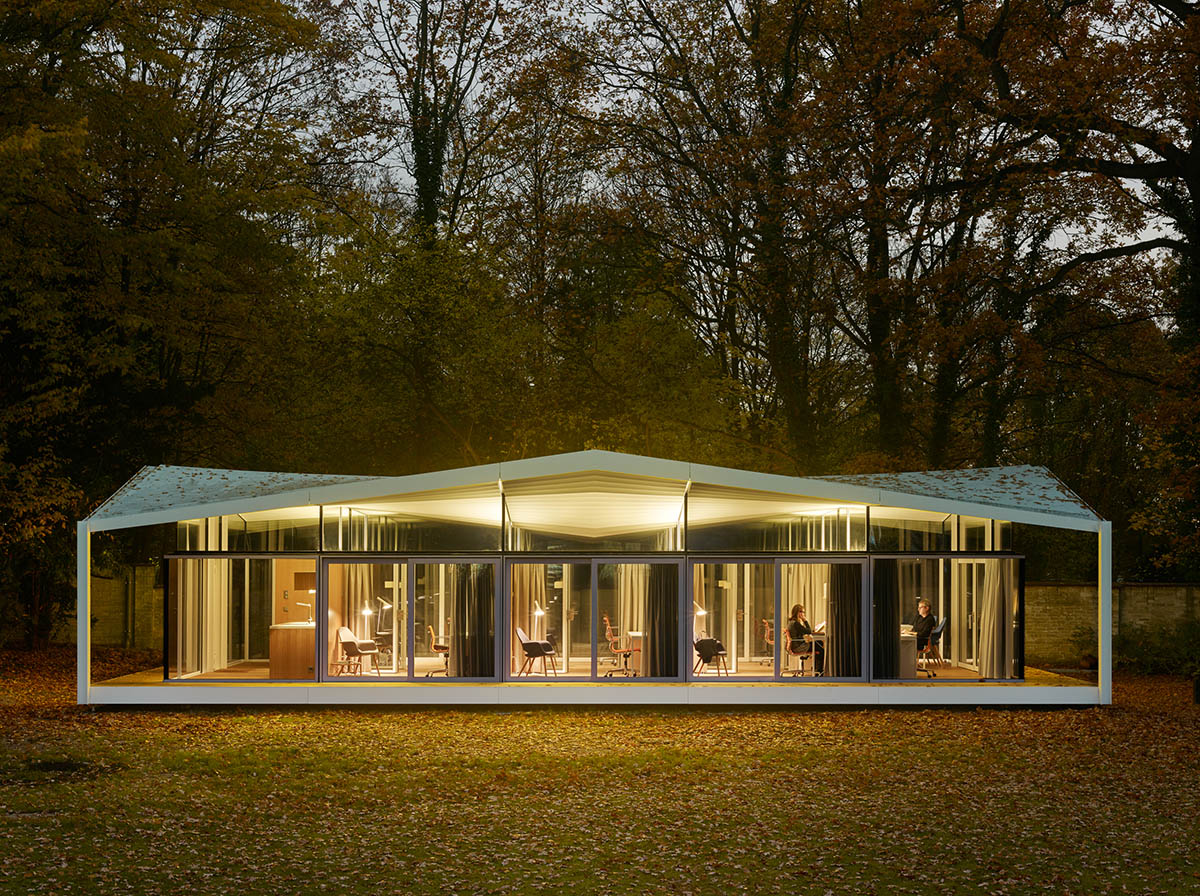
Barkow Leibinger: Fellows Pavilion-American Academy in Berlin 2015. image © Stefan Müller
The Serpentine Pavilion is one of the top-ten most visited architectural and design exhibitions in the world. There is no budget for the project, it is realised through sponsorship, help-in-kind support and the sale of the Pavilion.

Yona Friedman at work in Los Angeles, USA. image courtesy of Serpentine Pavilion
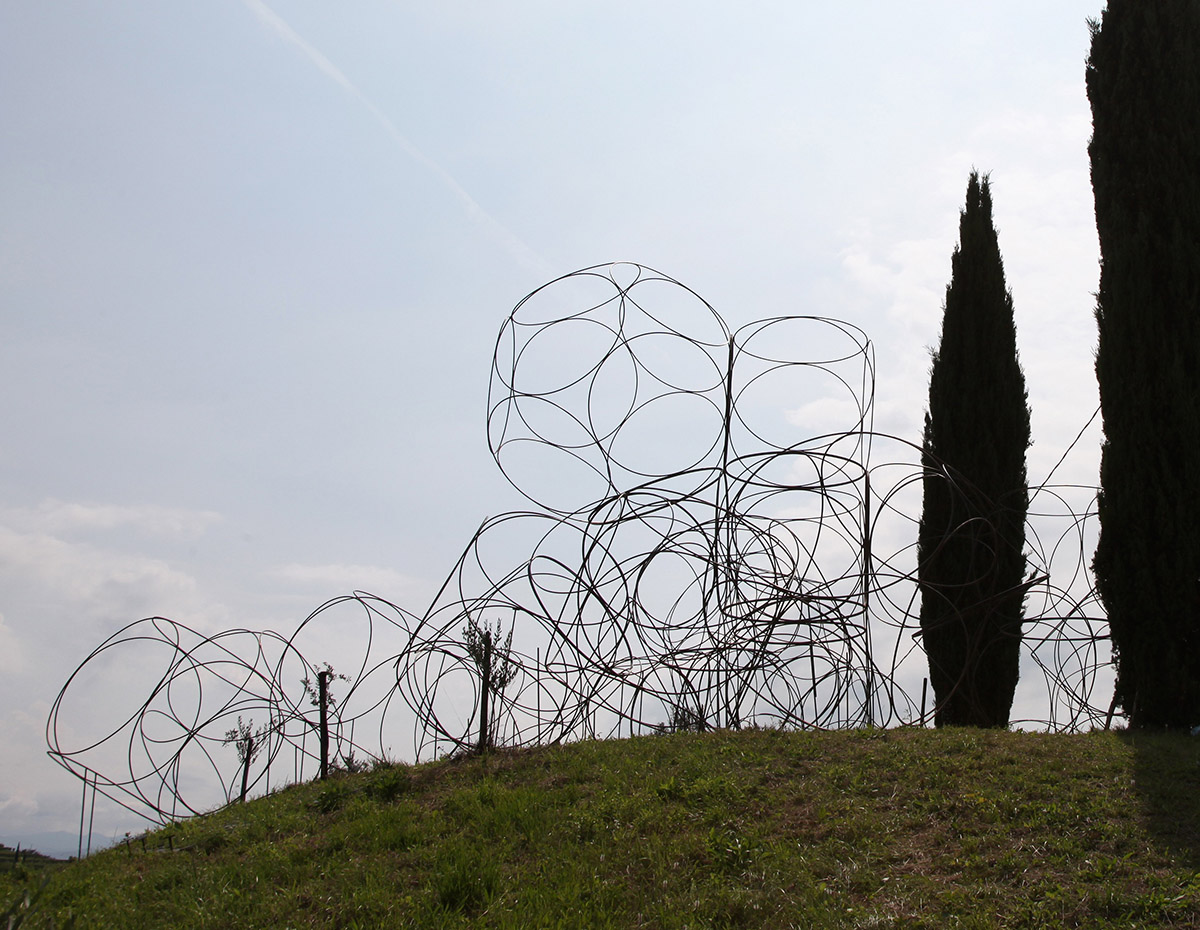
Yona Friedman: Space Chain construction at the Vigne Museum, Livio Felluga winery, Italy 2014. image © Jean Baptiste Decavele

Asif Khan. image courtesy of Adriano Mauri / Design Indaba
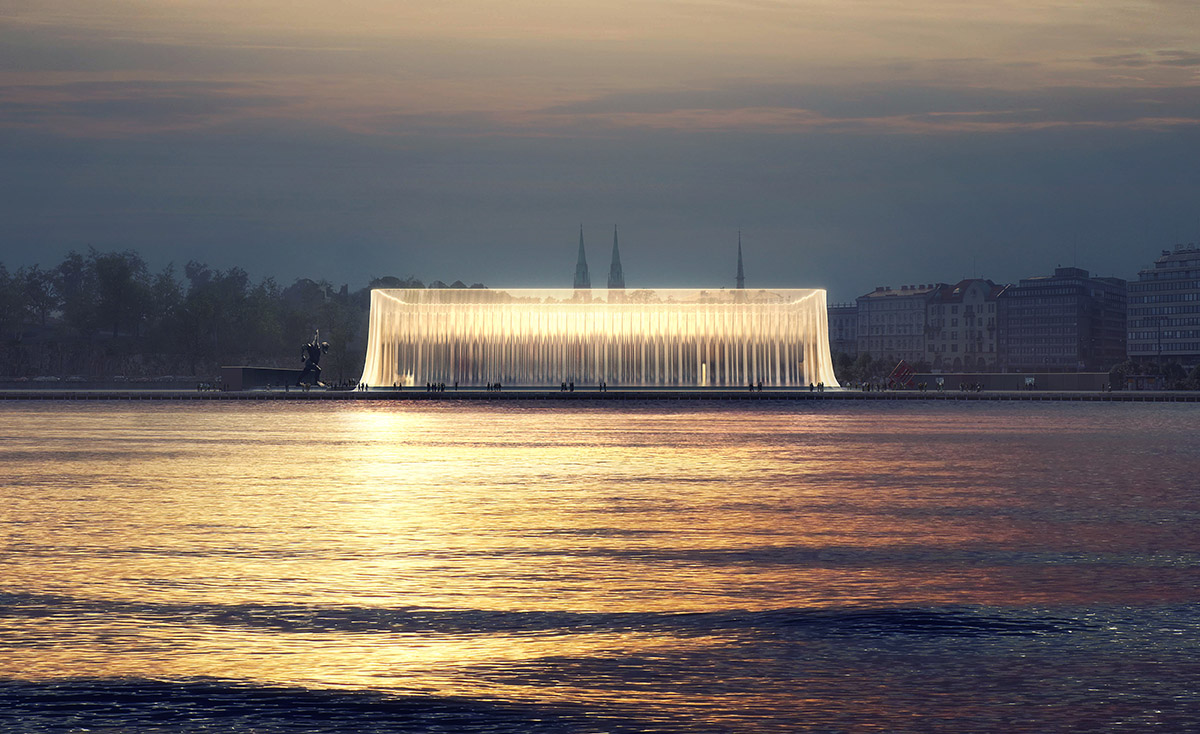
Asif Khan: Guggenheim Helsinki, Finland, 2015. image courtesy of Asif Khan
> via serpentinegalleries.org
